Healthy Foods That Wreak Havoc on Sensitive Guts
In the quest for optimal health, many individuals turn to a diet rich in fruits, vegetables, and other health-promoting foods. However, what is often overlooked is the delicate balance of our digestive systems, which can be easily disrupted by even the most well-intentioned dietary choices. This article delves into the unexpected battle between healthy foods and sensitive guts, revealing how certain nutritious options might cause more harm than good for some individuals. By exploring the top 9 surprising culprits, we aim to shed light on the complexity of digestive health and the need for personalized dietary strategies.
1. The Hidden Impact of Cruciferous Vegetables
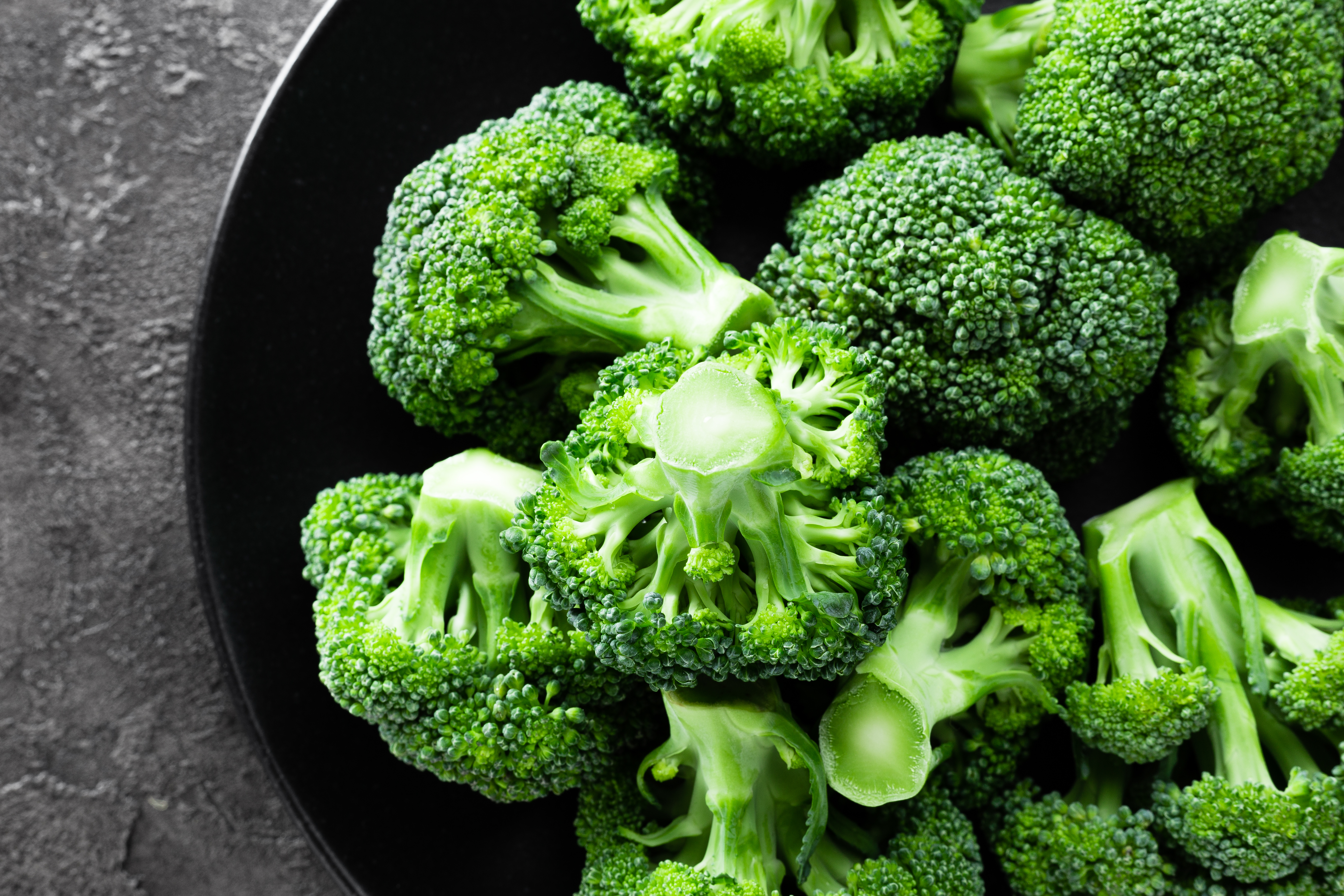
Cruciferous vegetables like broccoli, cauliflower, and Brussels sprouts are celebrated for their cancer-fighting properties and high nutrient content. However, they contain complex sugars that some people find difficult to digest, leading to bloating and discomfort. These vegetables also produce gas due to their sulfur content, which can exacerbate symptoms in individuals with sensitive guts. Understanding the balance between the benefits and potential drawbacks of these vegetables is crucial for those aiming to maintain a healthy digestive system without sacrificing nutritional intake.
2. The Avocado Dilemma
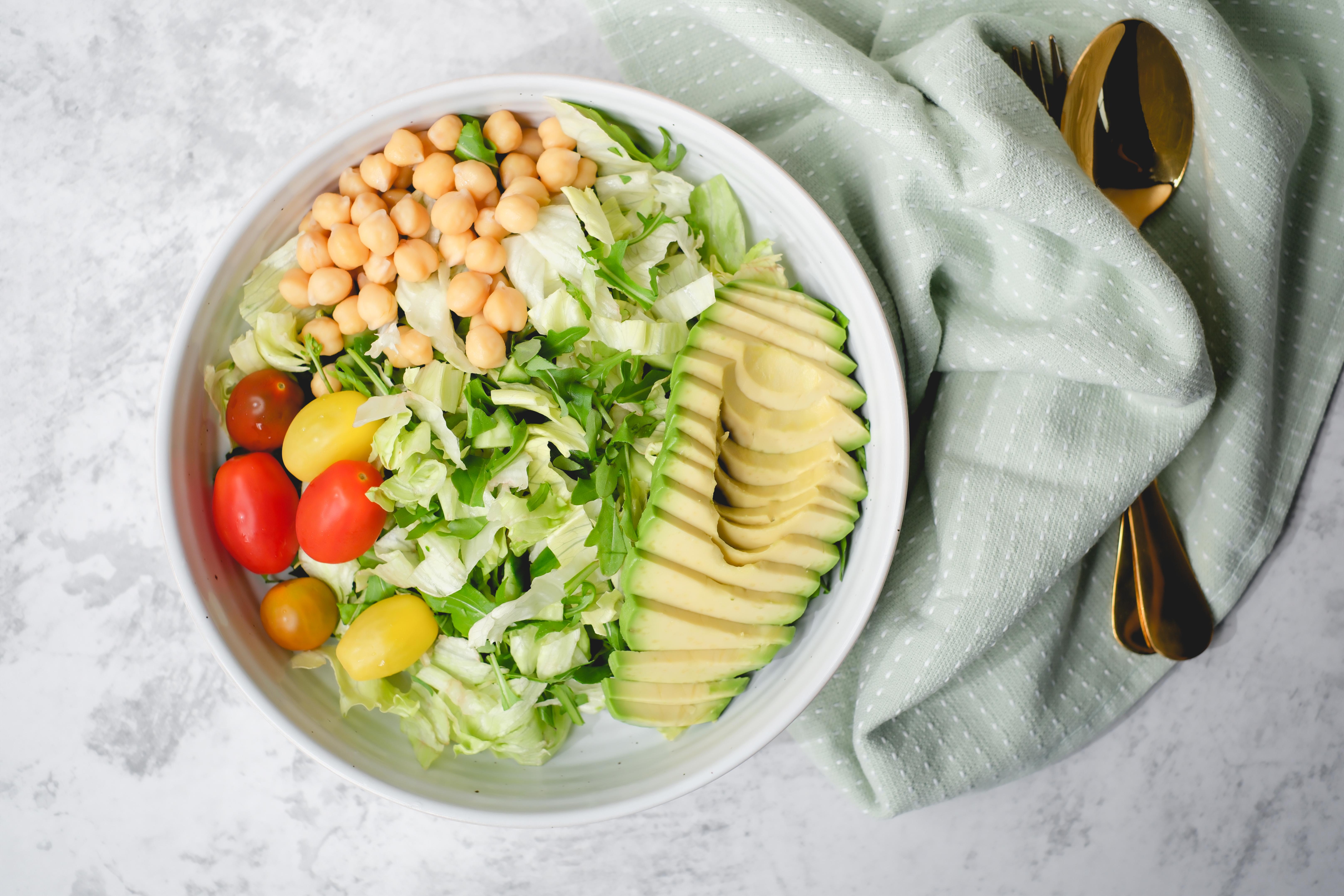
Avocados are hailed as a superfood, rich in healthy fats and essential nutrients. Yet, their high fiber content can be a double-edged sword for those with sensitive digestive systems. While fiber is beneficial for gut health, excessive intake can lead to gastrointestinal distress, including bloating and gas. Moreover, some individuals may have difficulty digesting the polyols found in avocados, which can trigger symptoms of irritable bowel syndrome (IBS). Finding the right balance in consumption is vital to harness the benefits of avocados without discomfort.
3. The Complexity of Nuts and Seeds

Nuts and seeds are nutrient-dense and provide a plant-based source of protein and healthy fats. However, they can be problematic for those with sensitive guts due to their high phytic acid content, which can interfere with mineral absorption and lead to digestive issues. Additionally, the tough outer layer of these foods can be difficult to break down, causing irritation in the digestive tract. Soaking or sprouting nuts and seeds can reduce their phytic acid content, making them more digestible and gut-friendly.
4. Fermented Foods: A Double-Edged Sword
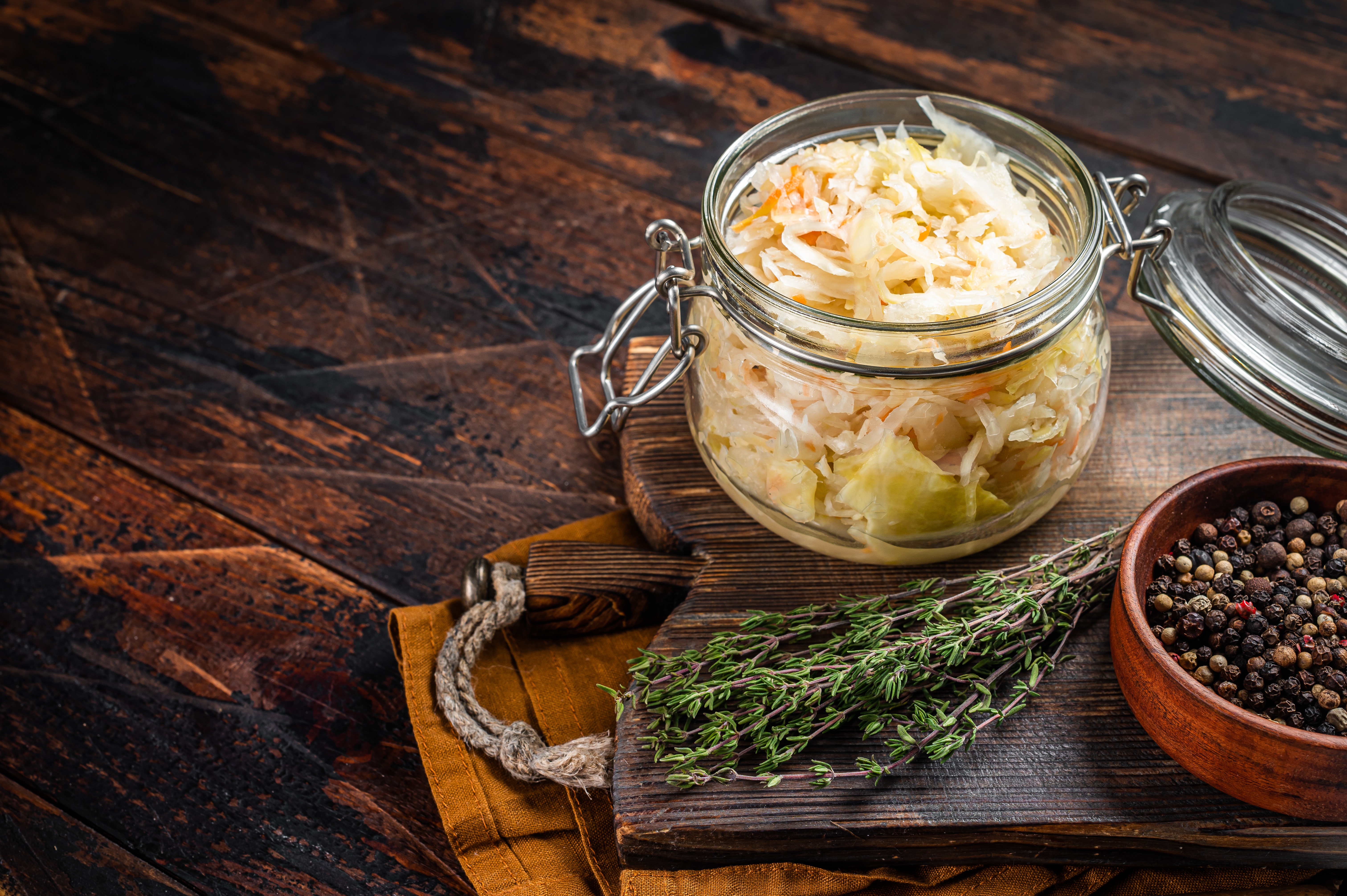
Fermented foods like sauerkraut, kimchi, and yogurt are lauded for their probiotic content, which supports a healthy gut microbiome. However, the high levels of histamines and other biogenic amines present in these foods can trigger adverse reactions in sensitive individuals. Symptoms such as headaches, hives, and digestive discomfort may arise, complicating the relationship between fermented foods and gut health. Understanding one's histamine tolerance is essential when incorporating these foods into a diet meant to support digestive wellness.
5. The Enigma of Whole Grains
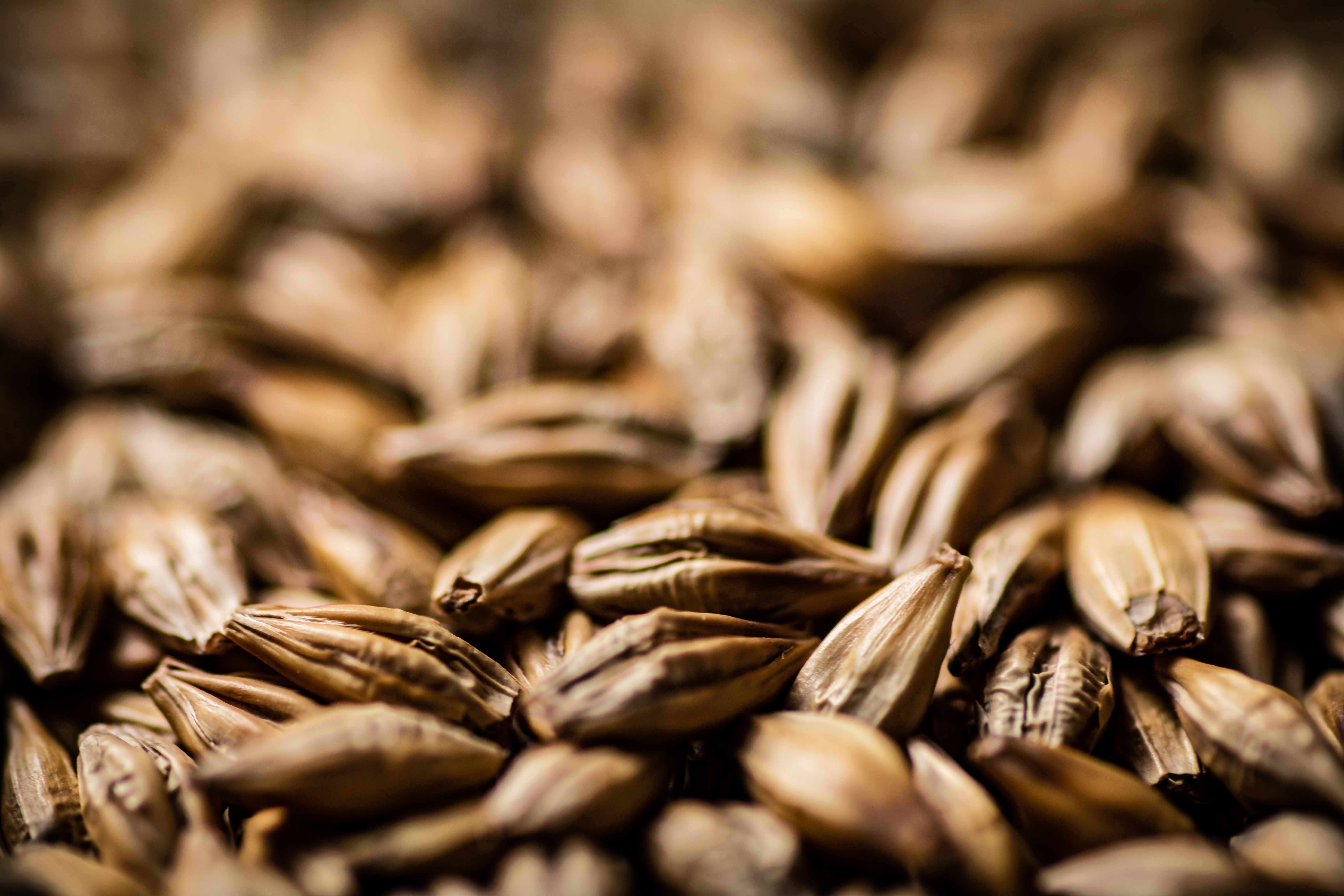
Whole grains are a cornerstone of a balanced diet, providing fiber, vitamins, and minerals. Yet, for those with gluten sensitivity or celiac disease, even gluten-free grains can pose challenges. The presence of FODMAPs (fermentable oligosaccharides, disaccharides, monosaccharides, and polyols) in some whole grains can lead to bloating and discomfort. Identifying which grains are compatible with one's digestive system and experimenting with preparation methods can help mitigate these issues while still reaping the nutritional benefits.
6. The Challenge of High-Fiber Fruits
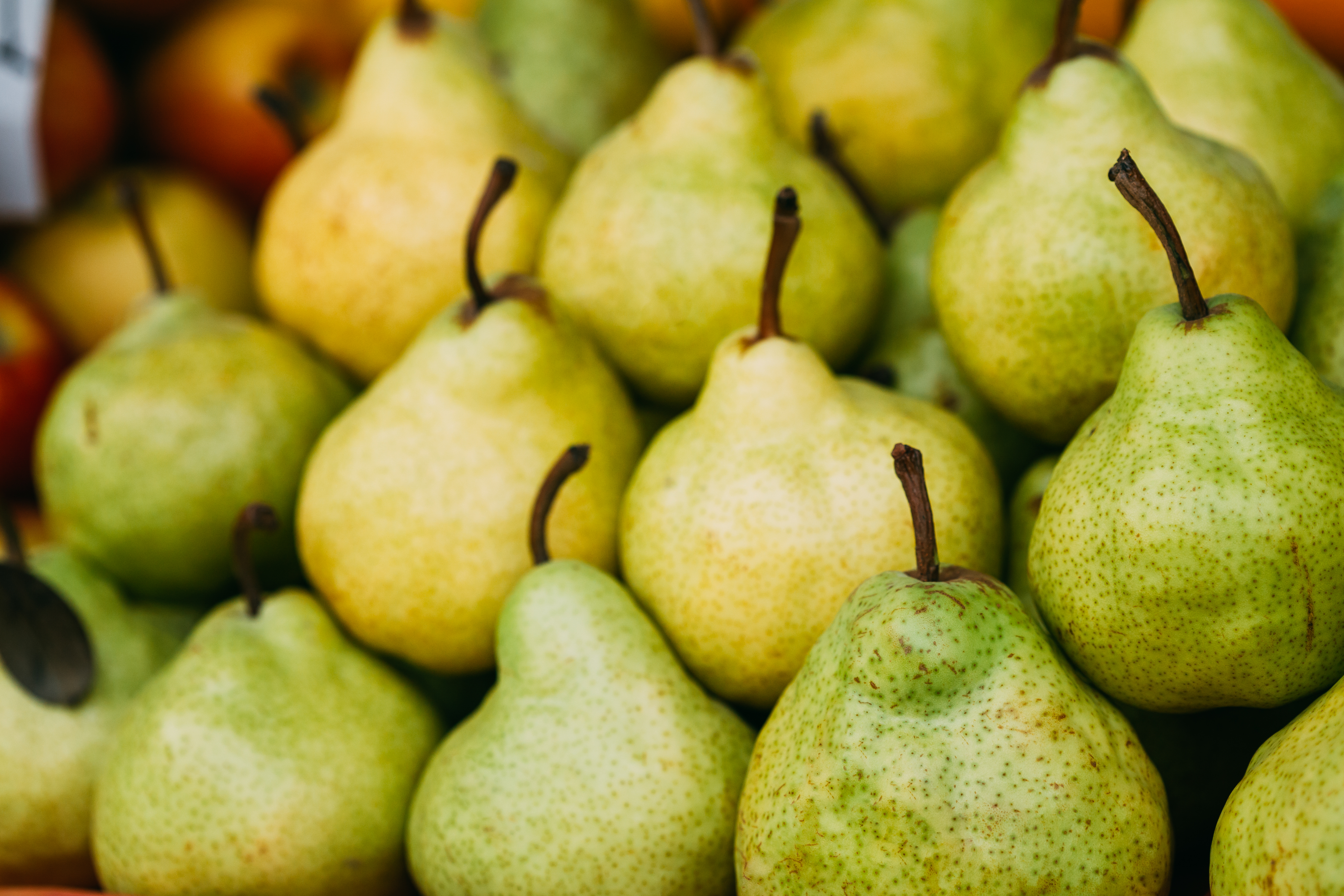
Fruits like apples, pears, and mangoes are rich in vitamins and antioxidants, but their high fructose and fiber content can be problematic for sensitive guts. Fructose malabsorption is a common issue that can lead to bloating, gas, and diarrhea when consuming these fruits in large quantities. Moderation and pairing fruits with protein or fat can help slow down digestion and reduce symptoms. Recognizing individual tolerance levels is key to enjoying these fruits without compromising digestive comfort.
7. Legumes: A Love-Hate Relationship
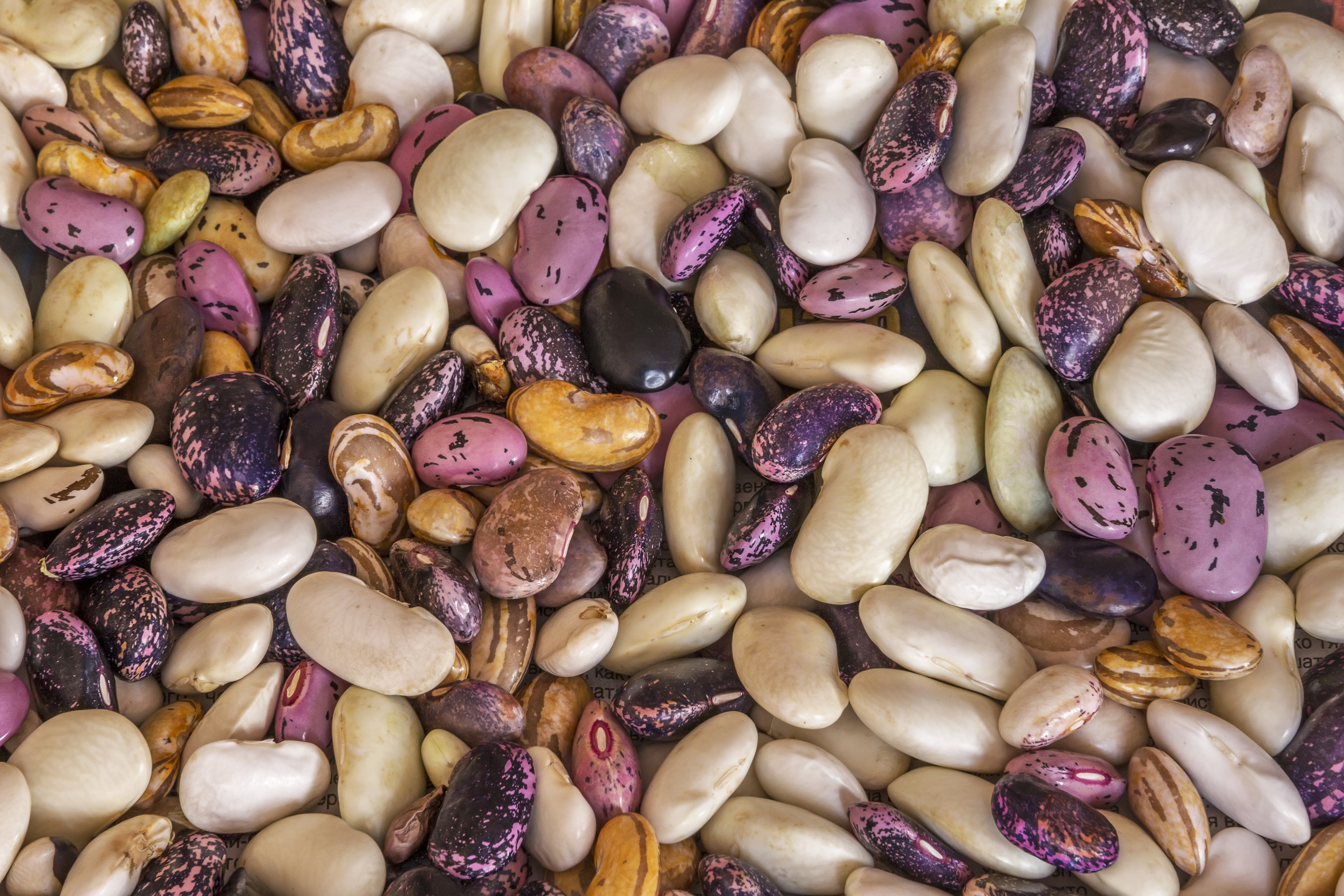
Legumes, including beans, lentils, and chickpeas, are excellent sources of plant-based protein and fiber. However, they contain oligosaccharides, which can be difficult for some people to digest, leading to gas and bloating. The presence of lectins and phytates can also contribute to digestive discomfort. Soaking and thoroughly cooking legumes can reduce these compounds, making them more tolerable for sensitive individuals. Understanding the preparation techniques and portion sizes that work best for one's digestive system can help integrate legumes into a balanced diet.
8. The Dairy Conundrum
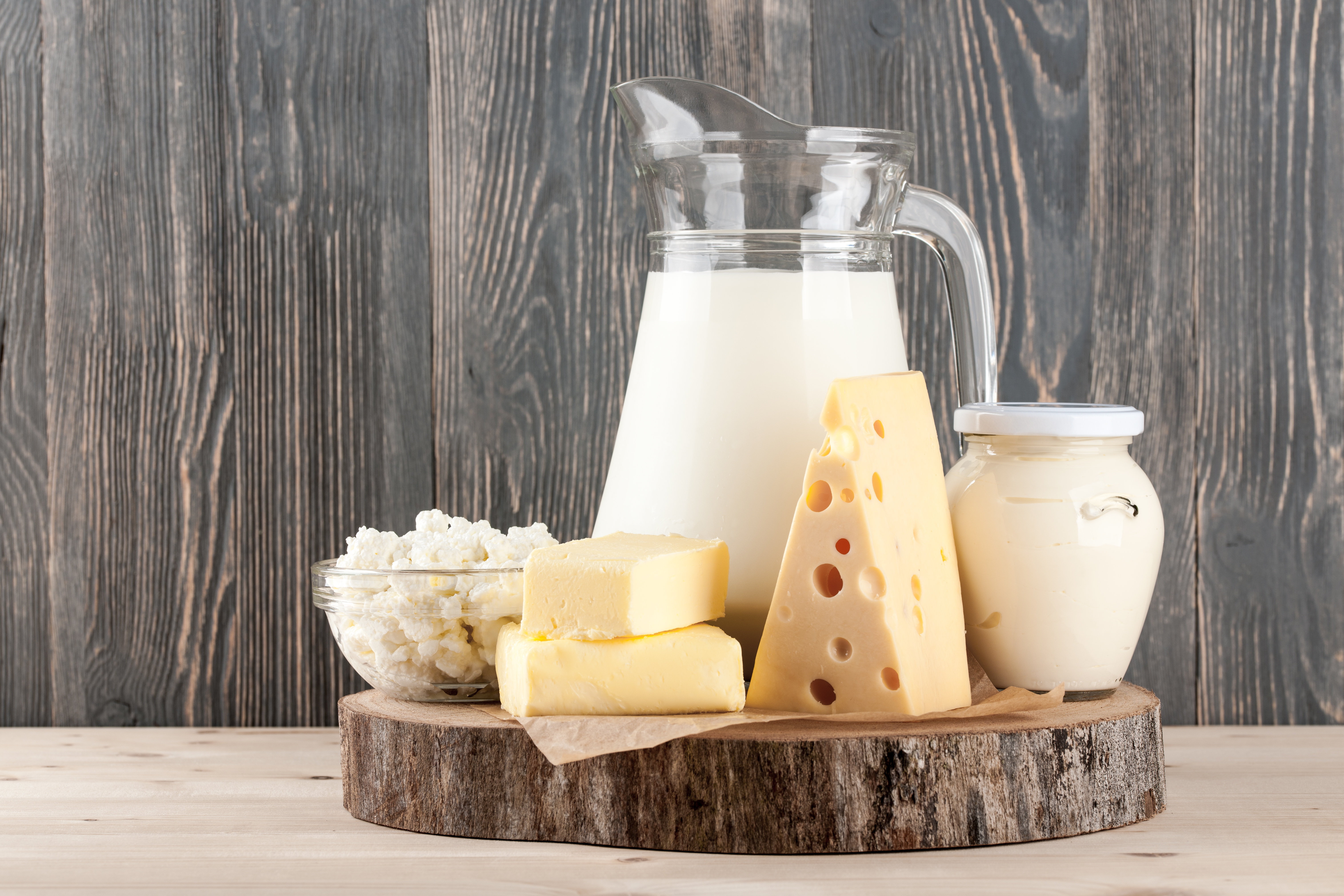
While dairy products are a valuable source of calcium and vitamin D, lactose intolerance is a common issue that can cause significant digestive distress. Even lactose-free options may not be suitable for everyone, as the proteins in dairy can trigger inflammatory responses in some individuals. Exploring alternative sources of calcium and experimenting with different types of dairy, such as goat or sheep milk, can offer solutions for those who experience discomfort. Personalized approaches to dairy consumption are essential for maintaining gut health.
9. The Spice Factor: Friend or Foe?
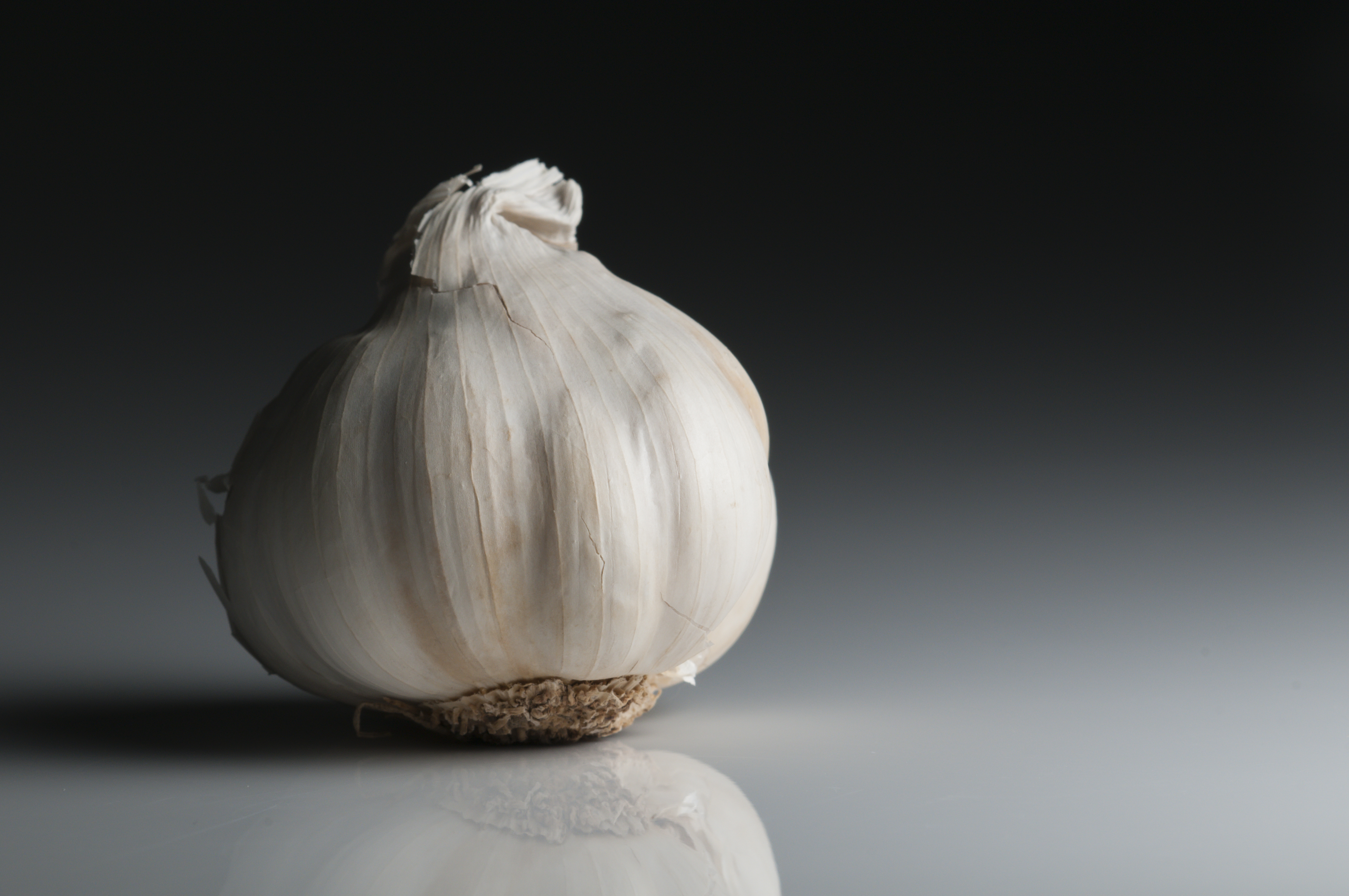
Spices like garlic and onions are known for their antimicrobial properties and ability to enhance flavor, but they also contain high levels of FODMAPs, which can trigger symptoms in individuals with sensitive guts. While these foods have numerous health benefits, their potential to cause bloating and gas cannot be ignored. Cooking methods that reduce FODMAP content, such as using garlic-infused oil, can allow individuals to enjoy the flavors and benefits of these spices without the accompanying discomfort.
Crafting a Personalized Dietary Path

Navigating the complex relationship between healthy foods and sensitive guts requires a personalized approach. While the foods discussed in this article offer numerous health benefits, they can also present challenges for those with delicate digestive systems. Understanding individual tolerance levels, experimenting with preparation methods, and seeking professional guidance can help individuals craft a diet that supports both overall health and digestive comfort. As we continue to learn more about the intricate workings of the gut, tailoring dietary choices to meet personal needs becomes an essential part of maintaining wellness.
